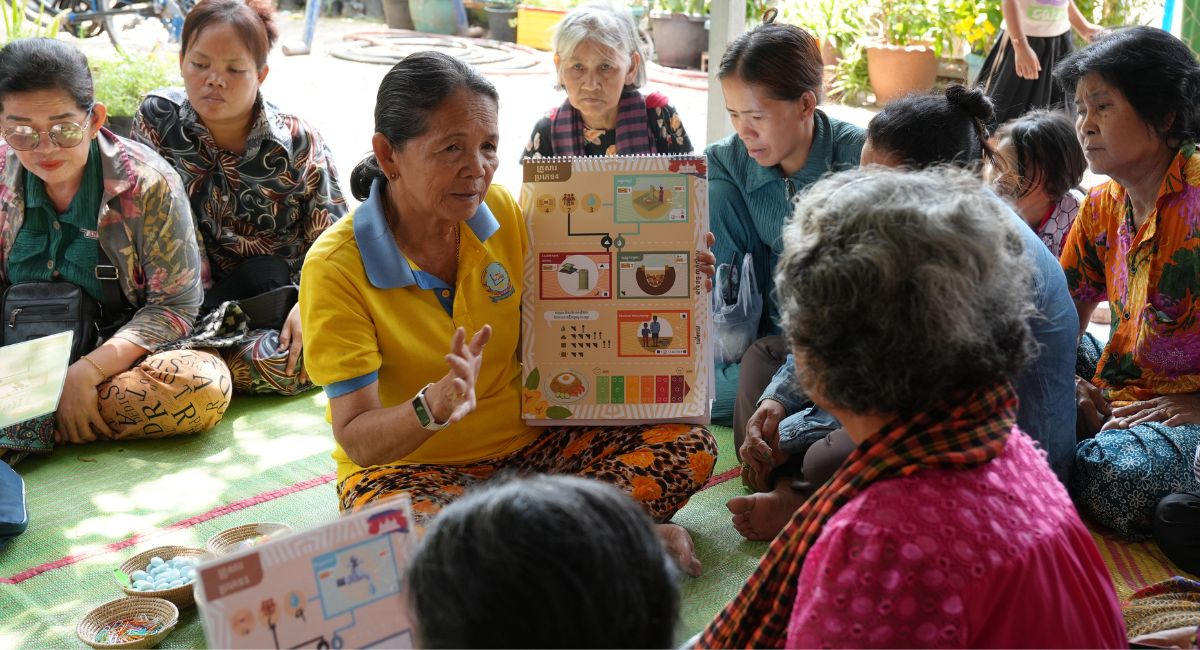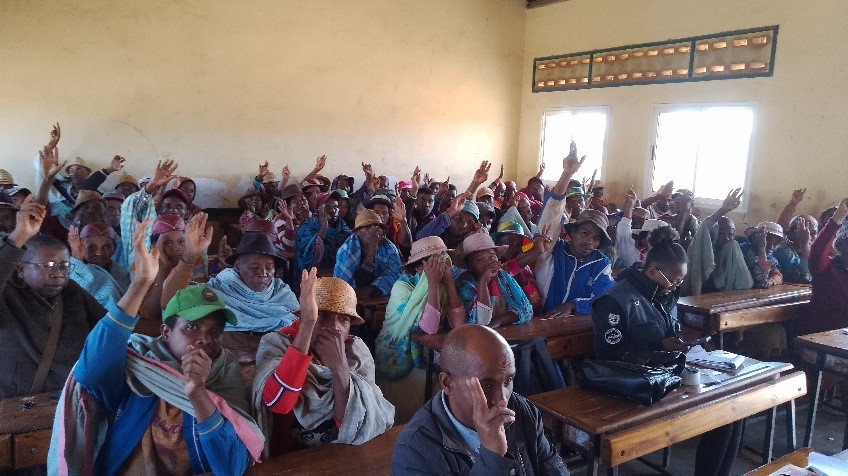World Water Day 2020 took place on Sunday 22 March in the context of an unprecedented health crisis. The coronavirus world pandemic highlighted the vital importance of access to water and hygiene.
Coalition Eau statement (Paris, 19 March 2020) – 10 years after the human right to drinking water and sanitation was recognised by the United Nations, the situation is critical: 2.2 billion people in the world, i.e. 1 out of every 3 people, still have no access to a domestic drinking water supply service. Furthermore, 1 out of 8 healthcare establishments in the world have no water services and 1 out of 5 have no sanitation service, which affects almost 900 million and more than 1.5 billion people respectively (WHO/UNICEF 2019 JMP report, WASH in Health Care Facilities).
World Water Day on 22 March 2020 was an opportunity to refocus on health issues relating to lack of access to water and hygiene, in particular in health centres and reception centres serving the most vulnerable people (migrants, unaccompanied children, etc.) and people living on the street.
Barrier gestures: Saving lives through handwashing
Although handwashing is the best preventive measure to avoid contracting or spreading diseases such as the coronavirus, this recommendation is difficult to follow for people who live with no access to water on a daily basis. This leads to a risk of exacerbating stigmatisation and vulnerabilities, and puts the lives of people with no effective access to water at risk.
Without access to water and sanitation, people who do not have these services, particularly people in precarious situations, living on the street, in camps or huts, or in conflict zones cannot protect themselves or the people around them.
For strong mobilisation at political level
The COVID-19 pandemic highlights the urgent, crucial need to make people’s human right to healthy water effective. Faced with this health emergency, it is time to act and recall that solutions exist.
NGO members of Coalition Eau are calling on the French government to:
- In France: as of now, give priority to drinking water supply in households, hostels, health centres and other public spaces. In order for the handwashing barrier gesture to become widespread and for public health authorities’ recommendations to be applied, installation or reopening of as many accessible water points as possible and provision of soap and hand sanitizers are key elements.
- Outside France, particularly in developing countries and humanitarian crisis zones: fund projects to strengthen healthcare systems, with priority for access to water, sanitation and hygiene in these centres; and urge governments and banks to support this strategy.
This is also the focus of the “water is a right” campaign, launched by Coalition Eau and 30 partner associations mobilised for access to water and sanitation for all, in order to mobilise the government and elected representatives on these persistent challenges regarding access to water and sanitation in France and in the world. With “water is a right”, this collective of associations is putting forward 5 key proposals to national and local deciders, to achieve effective implementation of rights to water and sanitation in our territories and internationally.
Key figures (Source: UN-Water) :
- 1 healthcare centre in 8 has no water service, impacting almost 900 million people
- 1 healthcare establishment in 5 has no sanitation service – affecting more than 1.5 billion people.
- By 2050, up to 5.7 billion people could be living for at least one month a year in areas suffering from water shortages.
- Climate-resilient water and sanitation systems could save 360,000 infants’ lives every year.
- By limiting global warming to 1.5 °C compared with pre-industrial levels, we could reduce climate-induced water stress by up to 50 %.
See more information on NGOs’ positions for World Water Day 2020 on the Coalition Eau website
Press contact
Edith Guiochon: edith.guiochon@coalition-eau.org





